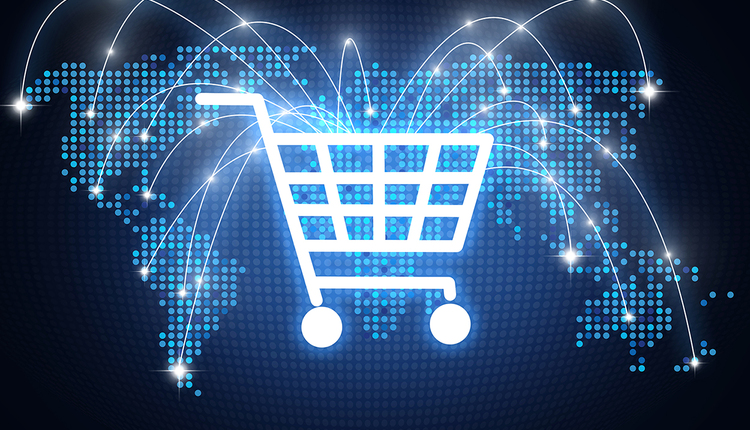When the marketplace changes, evolution and adaptation are critical to survival. As the pandemic altered buying behavior, for example, retailers and brands had to adapt by offering an optimized e-commerce experience. For consumers, this evolution opened up a literal new world of buying options. Purchases that were once limited by geography are now accessible to all with the click of a button. But while e-commerce has erased virtual borders, geographical boundaries have very much remained, and with them, export and import costs.
Some sellers have kept things simple on their end by handling export duties, and putting the onus of import on the buyer, known as Delivery Duty Unpaid (DDU). Others have adapted to handle both ends of the transaction, known as Delivery Duty Paid (DDP), building those costs into the purchase or adding it at checkout.
Soon, though, DDU may no longer be an option. Country by country, regulations are changing, mandating that all sellers adopt a DDP model. Here, we’ll discuss the reasoning behind the shift, how sellers can adapt quickly and efficiently, and why adopting DDP now makes good business sense.
The Demise of DDU
For sellers, DDU seemingly makes things simple. It’s essentially a "hands-off" approach in adhering to a destination country's shipping rules. The seller can keep the sale price down by avoiding any import or customs fees, and the buyer takes on all risk associated with the unloading of the product.
However, there has historically been a lack of oversight around DDU. Some packages pass through customs without being held for duties paid, especially in harder-to-reach countries. These unpaid expenses are unrealized revenue for the government. International shipments are only going to increase, and regulators intend to close those loopholes and collect that revenue.
The most reliable way for them to do this is by requiring that sellers cover export and import duties upfront via DDP. Sellers that are not prepared to make that transition, or refuse to do so, risk being non-compliant, facing fines and other penalties.
How to Adapt
The mandated shift from DDU to DDP is coming. That is indisputable. What is less clear is when that shift will occur. We see this transition taking place today as more and more countries are tightening up their grip on lost tax and duty revenue.
When the change does come, sellers will need to be prepared to collect those additional fees and update their reporting accordingly. However, the transition does not have to be complex or interrupt operations – so long as you identify a partner that can fully integrate DDP into your platform and offer a cost structure that aligns with your business.
Shipping partners that use postal regimes for final mile are not equipped to handle DDP. Those that are equipped may be so expensive that your margins are impacted. It is critical to find a partner that can strike the balance between speed of delivery and total landed cost. An end-to-end global transportation network with a fully integrated digital platform can make the transition to DDP swift and seamless.
Waiting Isn’t Worth It
While some shipping partners can integrate a DDP model without interruption, waiting for enforcement may not be worth it. Using DDP now can offer a competitive advantage. Most customers already expect the e-commerce experience that DDP affords – select item, pay for item, receive item at door quickly.
DDU does not guarantee that experience. Transit times can last anywhere from 10 to 15 days, tracking visibility is limited, and customers could be required to provide payment upon receipt, which could even include an additional collection fee. Worse, they may have to go to the post office to pay the import duty and retrieve the item. This is not the expected e-commerce experience, and you may lose customers because of it.
The returns process is also complex, and the seller may take a hit by being unable to capture the return, particularly if a customer refuses the delivery.
While some DDU-reliant sellers might fear that customers will be deterred by what appears to be a higher price, the experiential cost of that delivery, and the potential return, is much higher. By putting DDP in place now, there will be no action necessary when regulations change, and the customer relationship can begin on a positive note. Simply put, preparation is profit.
Michael Lamia is the Senior Vice President of GEODIS MyParcel and GEODIS eLogistics. GEODIS MyParcel is a small parcel shipping service that currently ships from the US to 26 European countries, the UK and Canada. For more information, visit geodismyparcel.com.














